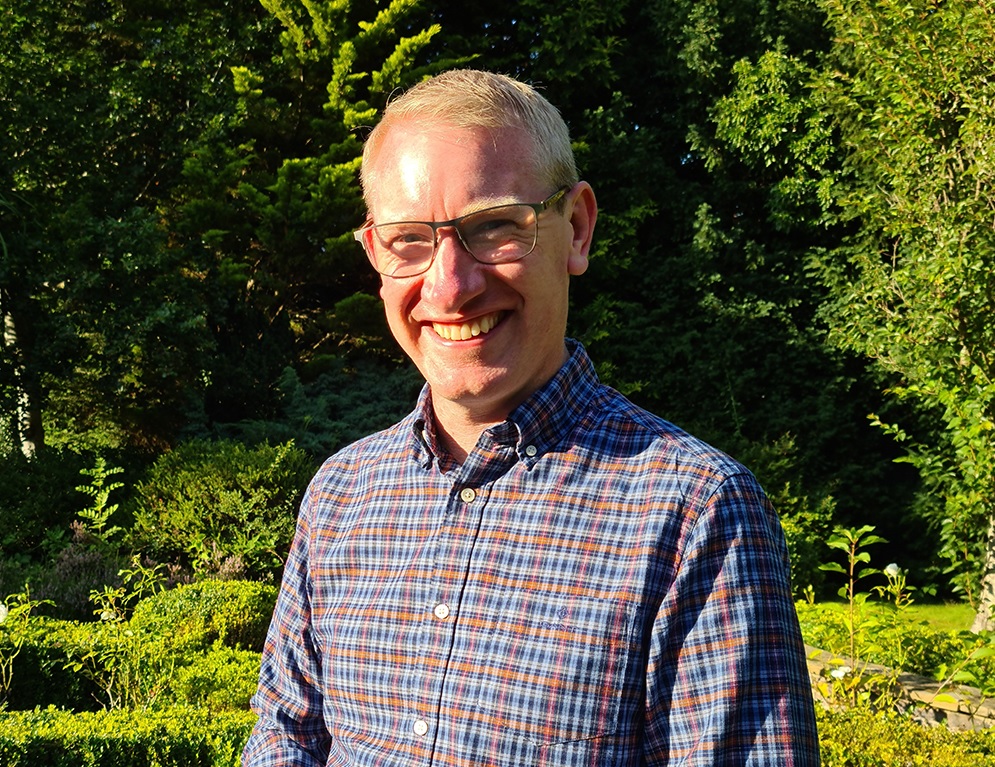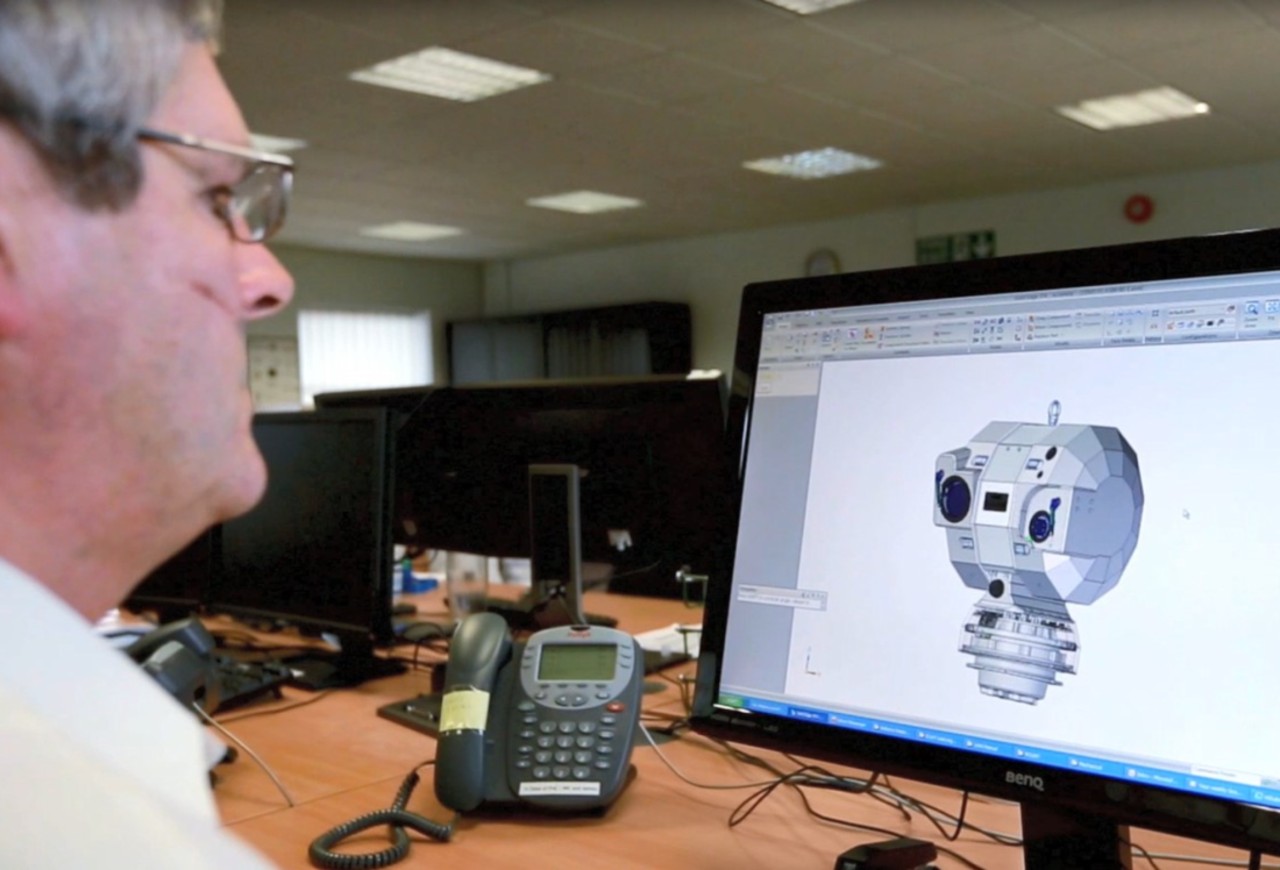
News
Thursday March 31 2022
Celebrating 29 years of Chess
This month, Chess turns 29 years old. In 29 years Chess has grown to a nearly 200 person business, known for its innovation, excellence and teamwork culture.
To mark the occasion, Managing Director David Tuddenham answered some questions reflecting on the past decade, his experience, and the company as a whole.

Here’s what he had to say:
When you started at Chess over 10 years ago, did you think you’d be here 10 years later?
Whilst many people join a company with long term career aspiration, and I was no exception, I did not expect that 10 years later on I would be leading the business into its next phase of growth! The challenges that we face as a team are many and varied and it is this variety that keeps us motivated and excited. The last 10 years has flown by and I cannot wait to see what the next 10 years at Chess will bring!
What’s been the most surprising about the journey so far?
From my perspective, it’s what we have achieved as a business. The team have tackled technically complex customer problems and provided class leading capabilities that remain a critical solution for our customers.
What would you say has been the most rewarding part for you as leader of Chess Dynamics?
One of the most rewarding parts of my role is seeing the professional and personal development of our employees during their time with the company. Over the years we have recruited a high number of graduate engineers, many straight out of University with very limited experience. These individuals have grown rapidly in their experience and capabilities whilst at Chess and seeing the designs they are now responsible for is very rewarding indeed!
Chess now has over 200 employees. Is there anything you miss about it being smaller?
When I joined Chess, we had around 50 people working at a single site. Therefore we knew each other very well. Now with 200 employees across 3 sites, building those personal relationships across the full team is much harder! However, we remain focused on fostering a family feel within the company and this is endorsed by the positive comments we continue to receive from our employees.
What does it mean to you personally to carry on the legacy of Chess Dynamics?
I feel truly honoured to be in a position to continue to build upon the legacy of Chess. Over the past 29 years we have built strong, enduring relationships with customers and suppliers alike and I take on the responsibility to continue to build on those relationships and forge new relations as we continue to grow the business. I take real pride in Chess, the team, our products and the results that we achieve. Seeing our products in service providing a vital role in the protection of our armed forces and those of our allies provides significant motivation to continue to develop class leading solutions to our customers challenging requirements.
Why do you believe in Chess?
The Chess team is central to our success. Without the strengths, depth of knowledge and experience that each member brings to Chess, we would not be able to achieve the success that we have in the past and be in a position to realise the future potential that Chess as a business has.
What do you think has been the biggest challenge to Chess’ mission over the past 29 years?
The biggest challenge to Chess over the last 29 years is actually the one that we’re facing today. The volatility of Global Supply Chains that we are seeing today is not only impacting our costs but also material lead times. Raw material disruption and supply chain starvation is still evident as plant capacities and resources remain out of balance as a consequence of the pandemic and government responses to control surging cases, most notably in Asia. In addition, sanctions arising from the Russia / Ukraine conflict are causing constraints, triggering panic buying and impacting rare and base metals used across commodities from Electronics to Motors, Bearings, Encoders, Drives and Machined Parts. Quote lead times are extending as Suppliers seek to provide firm rather than estimated pricing and price validity is shortening, meaning agile decision making is crucial factor in supporting key customers. The structure and culture at Chess enables us to tackle these issues head on, but it’s certainly been a challenging time for the business!
What comes next for Chess? What will the next 29 years look like?
The future for Chess is looking very exciting! We have the new FCEO MKII fire control product that was launched at DSEi ’21 and recently shown at Sea Air Space in Washington DC in addition to a full R&D pipeline with innovative product development to generate future products and systems aligned to the emergent needs of our customers and the defence industry. The potential for growth within new and established markets is significant and we have the team at Chess to deliver!

